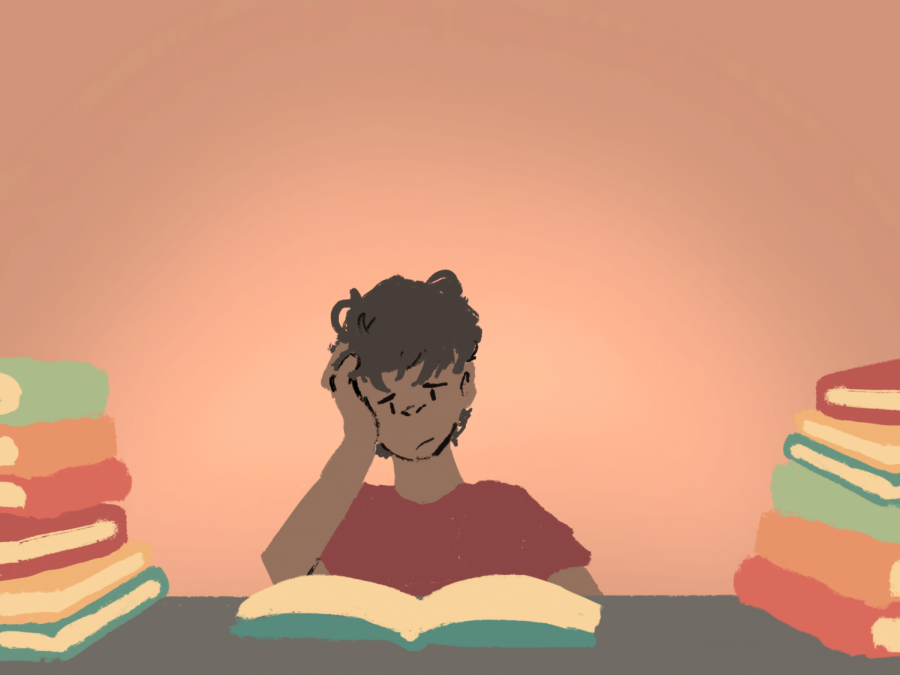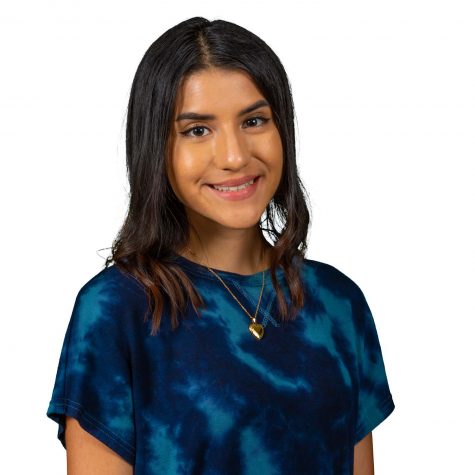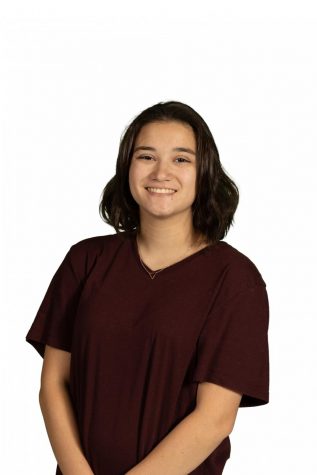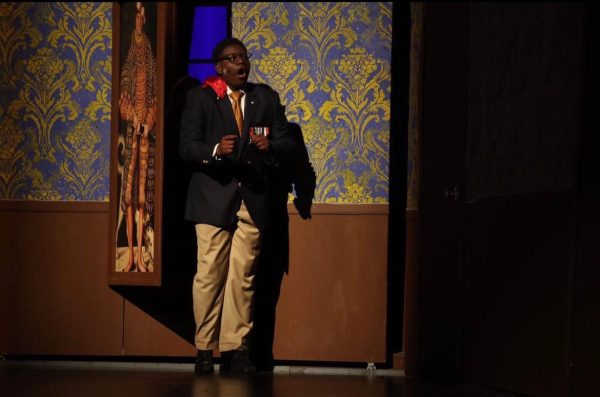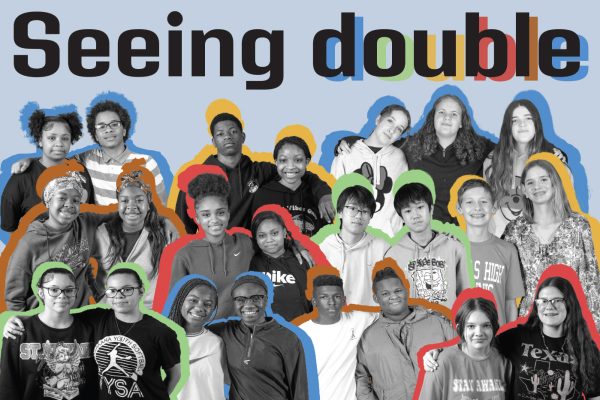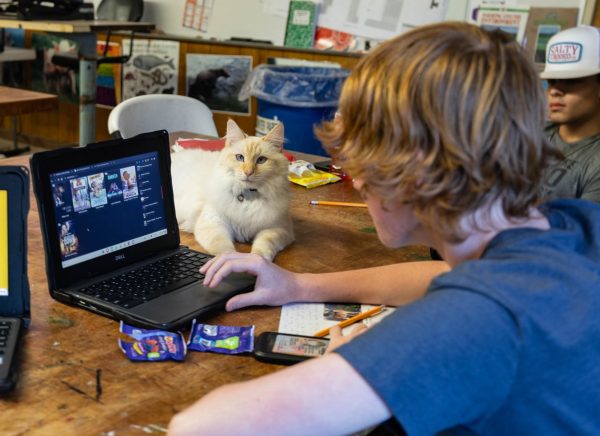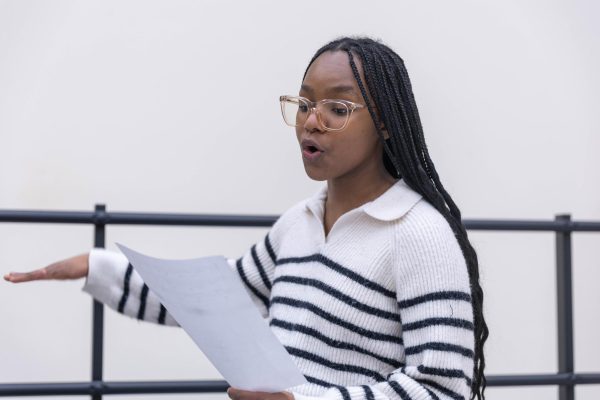Careers, college and COVID
Major events in 2020 affect students’ career plans
Due to the unfortunate chain of events that occurred in 2020, many students have found themselves having to rethink their future careers.
January 18, 2021
Before March 2020, Americans were unaware that the coming year would become a living nightmare. The pandemic threw 22 million people out of work in the spring, with unemployment totaling 140,000 in Dec. During the summer, Black Lives Matter demonstrations occurred in over 1,600 places nationwide. In the fall, the election saw the highest voter turnout rate since 1900.
With major events popping up back-to-back, Americans in 2020 lived through a historical time period. Although COVID-19, social issues and the election affected adults, they also changed the lives of younger Americans. They resulted in a changed education system and social unrest, which unexpectedly altered students’ career plans.
Due to coronavirus-related restrictions, students going into the medical field have been struggling to find the hands-on experience crucial for their career choices.
“I [did] research, and I was like, ‘It’s something that won’t take that long, and it might not be easy, but I’ll be able to do it,’” senior Iris Gonzales said. “Once I looked into shadowing [at] places around here, I asked Ms. Stark, and she [said] ‘I could help you with that, but [what will set us back] is that with COVID, it’s gonna cause many places to reject us.’ [Letting] students go to their facilities and watch and ask questions would [cause] exposure to COVID.”
We’re probably still going to be like this by the next semester, but [I am not going to stop] looking for places that will allow me to shadow. Hopefully I can find a place where they’ll let me shadow for both a dental hygienist and a nurse.
— Iris Gonzalez, senior
Students are also worried about their education in college being affected. Many students prefer in-person classes because they provide a more convenient and thorough learning experience. If COVID-19 continues to be rampant on college campuses, students will be obligated to go remote.
“For school, I’ve always worried that I would have to go remote. Even though it benefits some people, I can’t learn online,” Gonzalez said. “It’s really hard. From what I learned about the school that I want to go [to], it allows online and in-person. I’m taking in-person classes, which will benefit me more. I feel like that would be the best way for me to learn. If COVID gets worse, I’m just scared that it’s gonna get in the way of me actually getting [the education I need].”
To top it off, some students’ schools of choice haven’t made pandemic-related setbacks easy. Some schools have been lenient concerning college exam scores, but others still have requirements for ACT and SAT scores.
“It’s an advantage to some students, but to the colleges that I’ve been wanting to apply, they still want scores or some type of testing,” Gonzalez said. “I was like, ‘Why couldn’t it be that school?’ If it was, I would appreciate that. Studying for the ACT and trying to balance out school and other stuff is really hard.”
Some students have been made to consider social issues when thinking about their career choices. The social unrest seen in 2020 has changed many teens’ perceptions of society as well as the role their future jobs will have in it. People of color on campus, especially, have pondered how their social status will play into their jobs.
“Since I am a person of color, I have had a lot of struggles,” senior Perla Hernandez said. “I think if [my clients] know this about me, they will think that I have been in their situation. I think that will help me build my profile and build trust between [me and my client]. They will trust me with [their] information and trust that I’ll do my best.”
Students also have hopes for their jobs regarding the outcome of the election. For those hoping to work with the justice system for a living, they believe the President-elect will prioritize a reformed police system, making their jobs easier.
“I think that there are going to be a lot more restrictions,” Hernandez said. “If [things go according to] what [Biden] said, he will reform the police and make sure that there is a better system geared towards racism [and] other problems that are happening in the police [department].”
The social tensions that arose from the Black Lives Matter movement and the election only affirmed many students’ decisions to pursue careers in the justice system.
“[Social tensions have] made me want to strive more to be an attorney and a lawyer. [I want to] start my own law firm that focuses on being there for people and making sure that they have a good trial,” Hernandez said. “The election showed [me] what people want in society, like who they trust to be president. It showed their morals.”
The election results and how people reacted to it showed [me] how our country really is. It has been a really big factor into [my career choice] because I really want to serve for a country like [ours].
— Perla Hernandez, senior
The pandemic has played a positive role in the lives of other future medical students. They’ve seen the coronavirus as yet another reason to go into the medical field: to help others.
“Corona [has impacted me the most]. I want to be a doctor for another reason, but corona makes me want to be a doctor more,” Junior Aasna Pokhrel said. “It has been affecting everyone. I want to be there to help because right now I feel helpless; I’m just sitting at home trying not to spread it, but I want to actually be there and help [control this virus].”
However, the question of racial/ethnic inequality in America has also given students goals for themselves in their future medical careers.
“[It’s common for] Black women who give birth to be more likely to have health complications,” Pokhrel said. “I don’t know why that’s happening, and I want to try to do something about it. I would definitely like to make [medical services] more equal. It’s 2021, and racial inequality is still happening. I want to stop that.”
Although students have learned to take pandemic-related complications as personal career opportunities there’s no denying that the coronavirus will be an obstacle later in college. No medical student knows what the pandemic has in store for them concerning specific crucial medical training.
“In college, I won’t get as much hands-on experience with [practicing skills] like stitches,” Pokhrel said. “Medical school will be affected as well whenever I actually have to learn skills [and apply them]. Take bedside manner [for instance, which is] actually talking to patients. I won’t be able to have that experience. I also wanted to shadow a family friend, [who’s an] oncologist. It didn’t work out last summer because of the virus, and this summer probably won’t either.”
The major events of 2020 may have posed many difficulties for Texas High students’ career plans, but so many obstacles provided them with valuable learning experiences. Many students have left the year with new values and goals for their future careers.


